SUMMARY
This is AI generated summarization, which may have errors. For context, always refer to the full article.
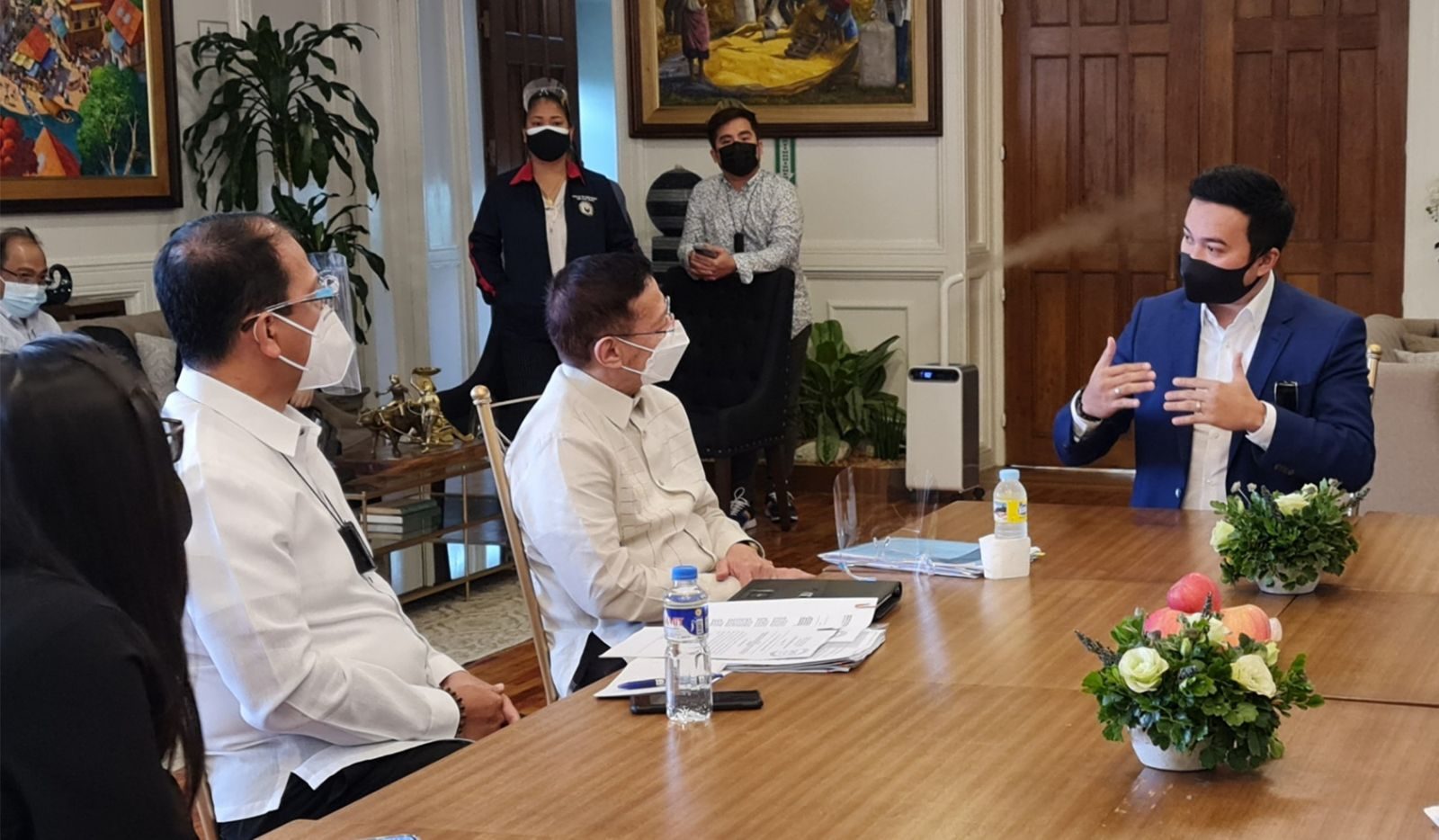
Speaker Lord Allan Velasco and two ranking congressmen filed a bill authorizing local government units (LGUs) to buy coronavirus vaccines directly from manufacturers without public bidding.
In their House Bill (HB) No. 8648, Velasco, House Majority Leader Martin Romualdez, and House Minority Leader Stephen Paduano said giving this power to LGUs during the COVID-19 pandemic would help quell the spread of the disease.
“The next crucible in the fight against the COVID-19 pandemic is the speedy procurement and effective administration of vaccines against the deadly disease. Time is of the essence,” the House leaders said in their explanatory note for HB No. 8648.
“Each day of delay is very costly for the government, and leaves many of our vulnerable countrymen exposed to the dangers of this disease,” they added.
Velasco’s office gave reporters a copy of HB No. 8648 on Wednesday, February 10, the same day House leaders met with Health Secretary Francisco Duque III and vaccine czar Carlito Galvez Jr to discuss how Congress can help in the government’s planned COVID-19 vaccination program.
If passed into law, HB No. 8648 would allow LGUs to directly buy from manufacturers the COVID-19 vaccines and other supplies and equipment needed for their distribution and storage even without holding public bidding.
LGUs, however, would only be allowed to purchase COVID-19 vaccines that have already registered with the Food and Drug Administration (FDA) or have been issued emergency use authorization (EUA).
So far, only the vaccines created by Pfizer-BioNTech and AstraZeneca have secured EUAs from the FDA.
The bill states the deployment of vaccines should also follow the guidelines set by the Department of Health and the National Task Force Against COVID-19.
The bill would also waive the Phase IV clinical trial requirement for COVID-19 medication and vaccines in order to expedite the procurement process. But the vaccines and medications should still be recommended by the World Health Organization and/or other internationally recognized health agencies.
The vaccines and medication should also meet the minimum standards of distribution to be set by the FDA and the Health Technology Assessment Council.
The bill would allow agencies to engage in advance payment mechanisms not exceeding 50% of the contract amount to procure the COVID-19 vaccines.
HB No. 8648 also creates an indemnification fund to shoulder the medical costs of an individual who would experience “adverse events” after getting the COVID-19 vaccine.
Velasco, Romualdez, and Paduano want this additional power for LGUs to be valid during the state of calamity and public health emergency that was declared due to COVID-19 or until September 12, 2021 – that is unless President Rodrigo Duterte lifts the state of emergency or extends it.
The House leaders are not alone in making this proposal. Several senators earlier suggested that health officials allow LGUs and private groups to deal directly with COVID-19 vaccine manufacturers.
Different LGUs have started announcing that they have set aside funds or have signed deals with vaccine companies to secure supply of the scarce good for their respective localities.
But one requirement in the deals was to involve the national government, similar to tripartite deals entered into by private groups.
Galvez already told senators that allowing LGUs and private groups to directly buy COVID-19 vaccines is not yet possible.
This is because “no company” would engage in deals that did not involve national governments of other countries, which have only been granting emergency use approvals to COVID-19 vaccines.
The Duterte government is eyeing to kick off its COVID-19 vaccination program as early as February.
The government will first distribute the COVID-19 vaccines to priority groups including frontline health workers in high-risk areas such as Metro Manila, Calabarzon, Cebu City, and Davao City.
COVID-19 has infected over 541,000 people in the Philippines as of Wednesday. It has claimed 11,401 lives, while 499,971 people have recovered from the disease. – Rappler.com
Add a comment
How does this make you feel?
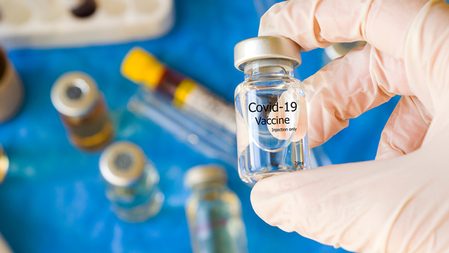


![[Time Trowel] Evolution and the sneakiness of COVID](https://www.rappler.com/tachyon/2024/02/tl-evolution-covid.jpg?resize=257%2C257&crop=455px%2C0px%2C1080px%2C1080px)


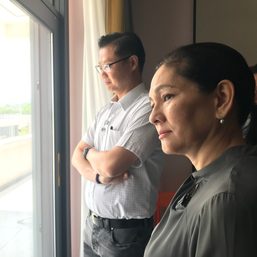
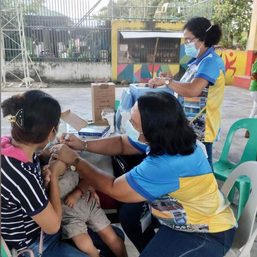
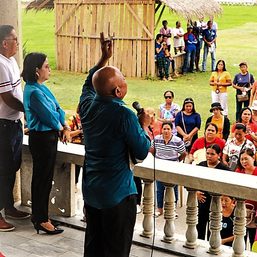
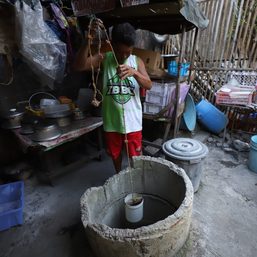

There are no comments yet. Add your comment to start the conversation.